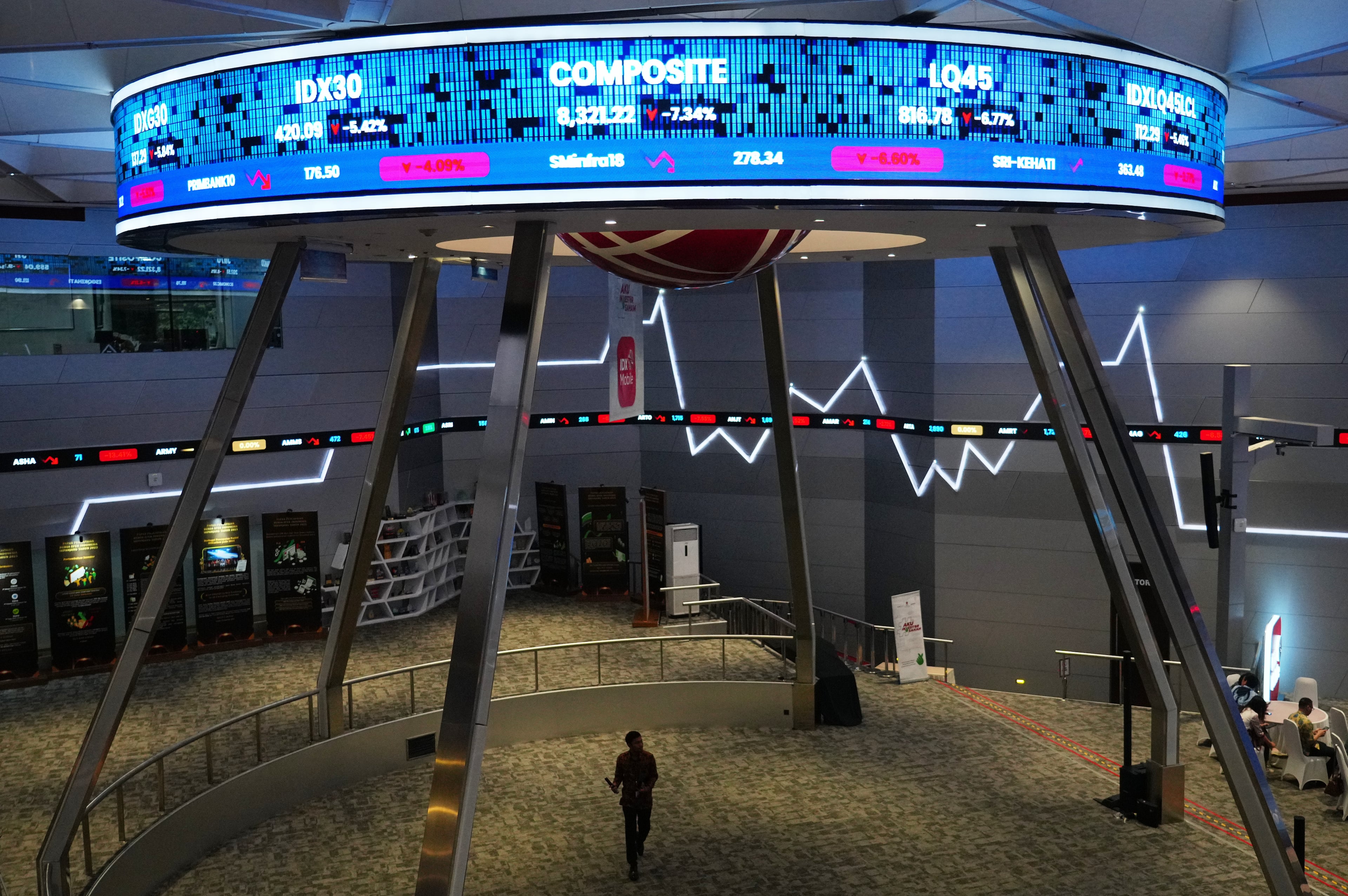Diet Coke re-brand a positive for Coca-Cola company

Carbonated soft drinks drove Coca-Cola’s first quarter results, even as market trends shift, showing consumers trending towards healthier less sugary drinks.
The company, which has lately been expanding its portfolio to include a variety of healthier alternatives in response to market trends, has also been actively engaging in rebranding strategies for its core products.
The company’s restaging of its Diet Coke and Coke Zero Sugar brands is yielding dividends, as the company’s first quarter results showed an increase in sales for the targeted products.
The company’s major profit drivers were the Coca-Cola classic brand which registered a 3 percent increase, Coke Zero Sugar and sparkling drinks, which continued to record increasing sales.
“If anyone thinks Coca-Cola will give up on carbonated soft drinks, even as they aggressively pursue a total beverage strategy, they are misinformed,” said Duane Stanford, Executive Editor with Beverage Digest, a publication on non-alcoholic beverages in the U.S. adding that the category was still big and profitable.
Speaking during an investor call, Coca-Cola Company CEO James Quincey said the company was encouraged by consumers response to the rebranded products, but said it was too early in the process to make definitive conclusions on the results.
“We got off to a strong start returning Diet Growth to growth in North America” Quincey said.
Quincey lauded the “bold action taken to change the trajectory of the results” and encouraged similar boldness to keep the momentum going.
Stanford said Diet Coke’s next chapter was still being written but said the opening paragraph of the rebranded products had gotten people’s attention.
The Diet Coke brand was introduced in 1982.
After taking over the leadership of Coca-Cola Quincey had reiterated the importance of focusing on marketing strategies as a means of growing volume sales which had suffered a decline over the years.
Quincey began his tenure by announcing layoffs that would free up $800 million in spending to help revive the company’s growth. The freed-up money would be channeled towards marketing and product development.
According to the company, volume sales grew by 3 percent.
The company reported a 16 percent net revenue decline for the quarter to $7.6 billion, attributing the decline to the refranchising of bottling territories in North America.
“We are encouraged with our first quarter performance as we continue our evolution as a consumer-centric, total beverage company,” said Quincey.
New products recently introduced to the market by Coca-Cola
- Diet coke- In January the company launched four new flavors to its Diet Coke brand, as volume sales for the brand declined. The new fruit flavored drinks included Ginger Lime, Feisty Cherry, Zesty Blood Orange and Twisted Mango. The company launched the products with an aim to attract a new generation of drinkers. The Diet Coke brand has been in existence since 1982.
- Coca-Cola Zero Sugar- the company rebranded the product which was introduced to the market in August,2017. Changes to the product included the recipe, name and look. The rebrand followed consumer shifts towards less sugary drinks. Coca-Cola zero sugar was introduced to the market in 2005.


